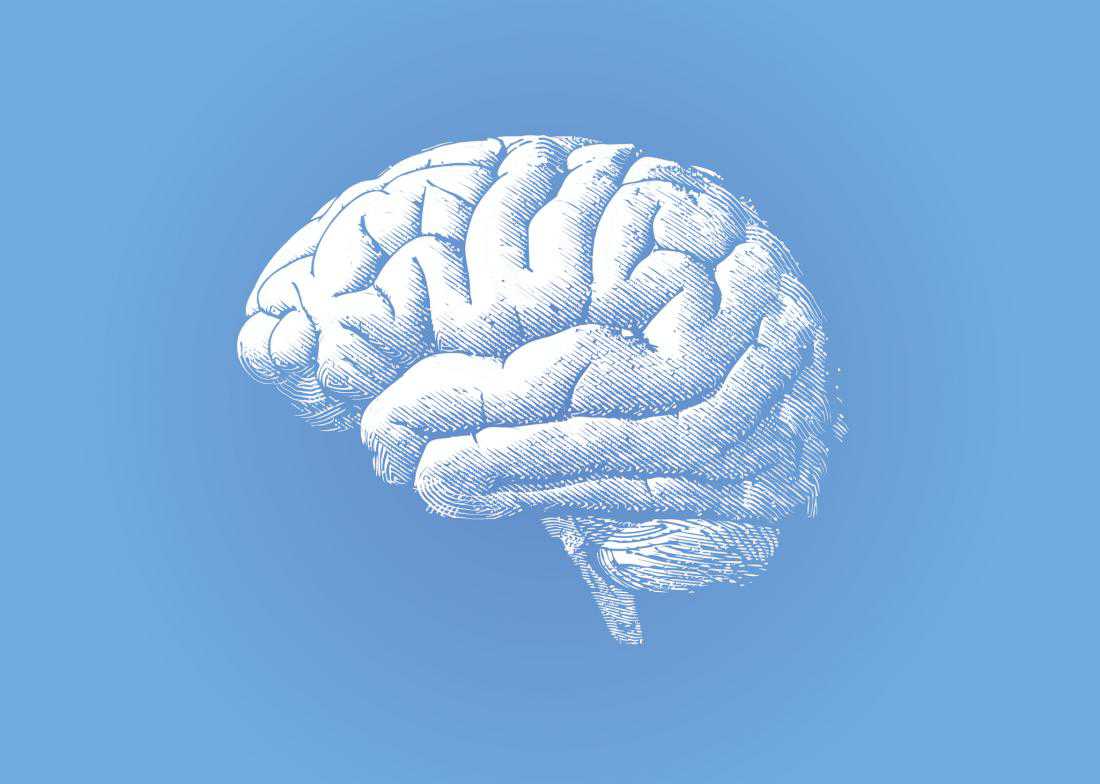Parkinson's: Study reveals how cancer drug reduces toxic protein in brain
14 March, 2019

Laboratory and animal studies have suggested that the leukemia drug nilotinib could alleviate symptoms of Parkinson's disease. Now, using early results from a clinical trial in humans, scientists have worked out how the drug reduces toxic protein and raises dopamine levels in the brain.
Loss of dopamine, a brain chemical that helps to control movement, is one of the main hallmarks of Parkinson's disease. Another is the presence in the brain of Lewy bodies containing toxic clumps of the protein alpha-synuclein.
The toxic alpha-synuclein clumps interfere with the brain's ability to use dopamine from the little pockets, or vesicles, that store it.
Researchers at Georgetown University Medical Center (GUMC) in Washington, DC, examined the effects of a single dose of nilotinib on the volunteers taking part in the trial. They found that it reduced the toxic alpha-synuclein that stops the brain from utilizing the dopamine in the vesicles.
They report their findings in a paper that now features in the journal Pharmacology Research & Perspectives.
Senior study author Dr. Charbel Moussa, who is scientific and clinical research director of GUMC's Translational Neurotherapeutics Program, says that their findings are "unprecedented for any drug now used to treat Parkinson's disease."
"We detect the drug in the brain producing multiple effects," he adds, "including improving dopamine metabolism — reducing both inflammation and toxic alpha-synuclein."
The phase II clinical trial is not due to complete for another year, so it is too early to say how safe or effective the drug might be for people with Parkinson's disease.
The purpose of this early study was to find out how a single dose of the drug alters the biochemistry of the brain and its mechanisms.
Parkinson's disease and dopamine
Parkinson's disease is a brain condition that primarily affects movement and worsens over time. The main symptoms are stiffness, shaking, impaired coordination and balance, and difficulty with walking and talking.
People with Parkinson's disease may also experience changes in thinking and behavior, fatigue, depression, disrupted sleep and memory, emotional changes, constipation, skin complaints, and urinary problems.
According to the Parkinson's Foundation, almost 1 million people in the United States will have Parkinson's disease by 2020.
The disease most often strikes after the age of 60, but it can also affect younger people.
No two individuals with Parkinson's disease will have the same pattern and progression of symptoms. Detecting or diagnosing the disease is often difficult because people can attribute some of the changes to aging.
Dr. Moussa explains that, in the absence of Parkinson's disease, dopamine-producing cells in the brain release the compound into vesicles. Alpha-synuclein helps to maintain the brain's supply of dopamine in these pockets.
TAG(s):
